
Smart Growth
Building an Enduring Business by Managing the Risks of Growth
Recommendation
In this fervent academic treatise, Edward D. Hess applies more than a half dozen different strangleholds to bring the “Growth Mental Model” – also known as the “grow or die” corporate mind-set – to its knees. According to Hess, blind worship of growth causes companies to manage expectations by manipulating their earnings and to grow in ways that are downright irresponsible. Hess offers original research, case studies and academic rigor to convince you that there must be a better way – and there is. “Smart Growth” happens when companies flourish based on carefully managed plans, clear and reasonable parameters, and honest self-assessment. getAbstract recommends this refreshing, alternative viewpoint to business leaders, managers at all levels, strategy consultants and the Wall Street types who insist on growth, year in and year out.
Summary
About the Author
Edward D. Hess, a professor at the Darden School of Business at the University of Virginia, has written eight books and his work has appeared in more than 100 media outlets.









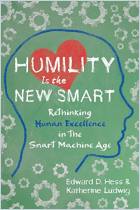
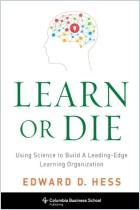

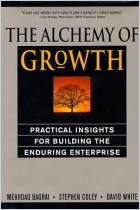
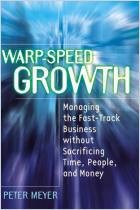

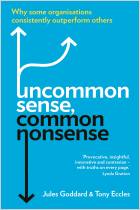
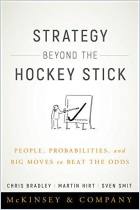




Comment on this summary or Comenzar discusión